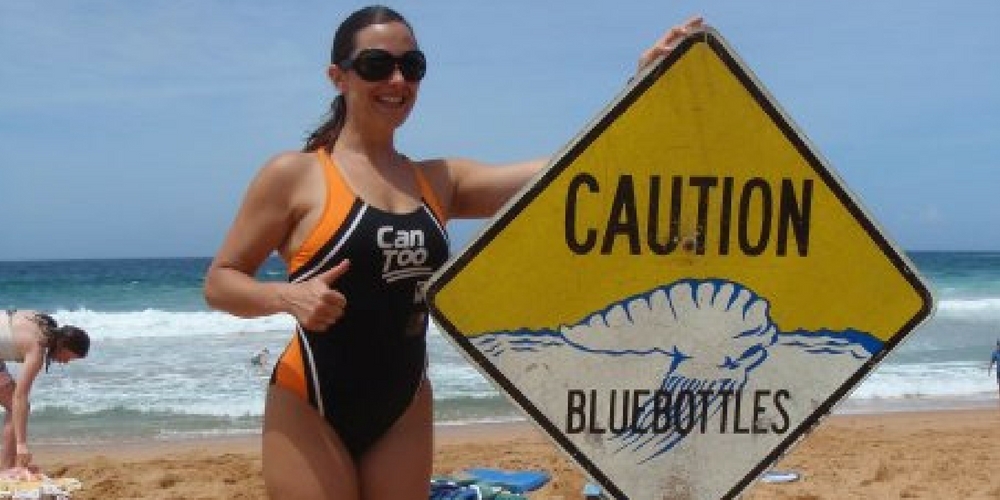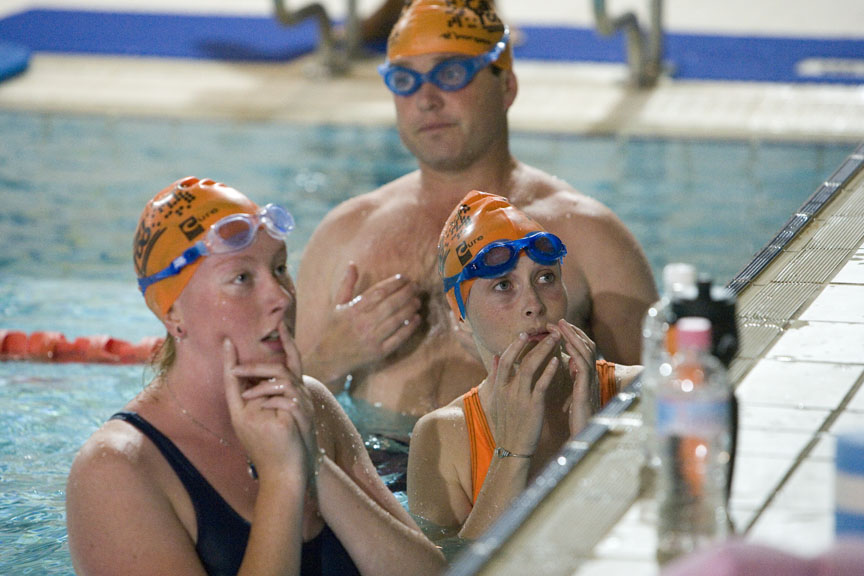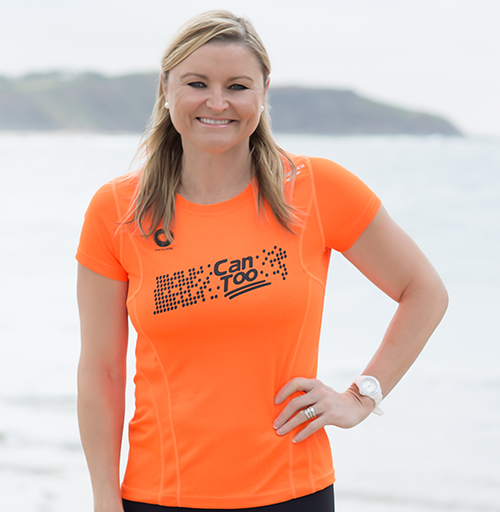The ocean can be a fantastic place to swim and enjoy the views, both above and below water. From time to time though that experience can be spoilt by close encounters with some of the stinging marine life.
Just like on land, some of the ocean life can give you a nasty sting. We don’t want you to fear the ocean, just like you shouldn’t fear the streets in case a bee zips on by; however, being able to identify the different sorts of marine life will help keep you aware of what to look out for while enjoying our beautiful beaches.
Bluebottles
Bluebottles are the most common stinging visitor to our beaches. They are a distinctive blue colour, with an obvious air sac and long tentacles that can be well over 1m long and drift out and away from the air sac. Although not very easy to see in the water, the best tell tale sign that they are around is the shoreline, where they often wash up in clumps, blown in by the wind. They can give a nasty sting, and the more tentacles that come in contact with your skin, the more stings you are likely to experience. The tentacles can sting for some time after the bluebottles have washed up on the beach (as long as they are moist). Watch out for clumps of them being washed back by the tide and stinging the tops of your feet.
Jellyfish
‘Blue Blubber Jellyfish in Port Phillip Bay’ by Peter Campbell. Licence at Creative Commons CC-BY-SA
One of the other types of jellyfish that you might find on Sydney beaches is the ‘jelly blubber’. Looking more like a conventional jellyfish, they can grow to a diameter of 30 – 45cm (a big dinner plate size!). Their tentacles have stinging cells on them, but the jelly blubbers are easier to spot in the water, and the tentacles are more compact and don’t extend much past the body area.
Sea Lice
Most of us have heard of sea lice, and may have experienced their unwelcome attention. Different images often come to mind about what they are. Fishermen know sea lice as parasites that can infect fish, but those aren’t the sea lice that swimmers typically experience. Unlike jelly fish, you won’t see them in the water, as they are so small. Often thought to be the broken-off parts of stinging tentacles from other jelly fish, they are actually tiny jelly fish or stinger larvae that have the same stinging cells as their adult versions. The stings will cover a much smaller area though, and often manifest as an itchy rash, which can last a long time.
Treatment (in particular for Blue Bottles)
Remove the tentacle strands and bits to prevent further stinging. You can use your fingers for this if you have to, the thicker finger pads will usually prevent a sting. Just don’t rub your nose afterwards! Don’t rub the area with sand or a towel, as that will aggravate it. And don’t wash off with fresh water; use sea water. Fresh water is alien to the bluebottle, and can cause the stinging cells to activate.
The best treatment is immersion in hot water, if you can get to a shower. Comfortably hot (about 45C) is good. If hot water isn’t an option, get some ice (in a small bag) and hold it to the area. Make sure someone keeps an eye on the person who has been stung, as some people can have an adverse reaction that can get progressively worse.
Don’t use vinegar, as that isn’t applicable for the stingers we have around Sydney. Vinegar is used in places like tropical Queensland for the much more potent (and very different) stingers they have up there.
Reduce Your Chances of Getting Stung
Wear a rash vest to reduce the amount of exposed skin. Keep a look out for the more obvious larger stinging creatures. They are often found in large clumps.
Look Out for Your Buddies
Look out for your fellow swimmers. If someone is stung, reassure them and get them back to shore.
Listen to Your Local Surf Life Savers' Advice
If there is a large presence of bluebottles in the water at your beach, there will often be a sign to indicate this. Look on the shoreline to see if some have been washed up recently. The surf club patrolling life savers will alert you to their presence, listen to their advice!
SOURCE: YouTube / Surf Life Saving Australia
Get Professionally Coached Today!
We offer professionally coached training programs using qualified and experienced coaches. Can Too train all levels, from beginners to those more experienced, in structured training programs tailored to specific physical challenges such as run, ocean swim, triathlon or choral singing events.
Programs range from entry level distances such as 7km, 10km and 14km run programs and 1km ocean swims, to intermediate programs like sprint triathlons and half marathons, through to advanced programs such as marathons and trail runs.
Not sure which one is right for you? Have a look at all the Can Too programs we're holding in the upcoming year and secure your place today!


















